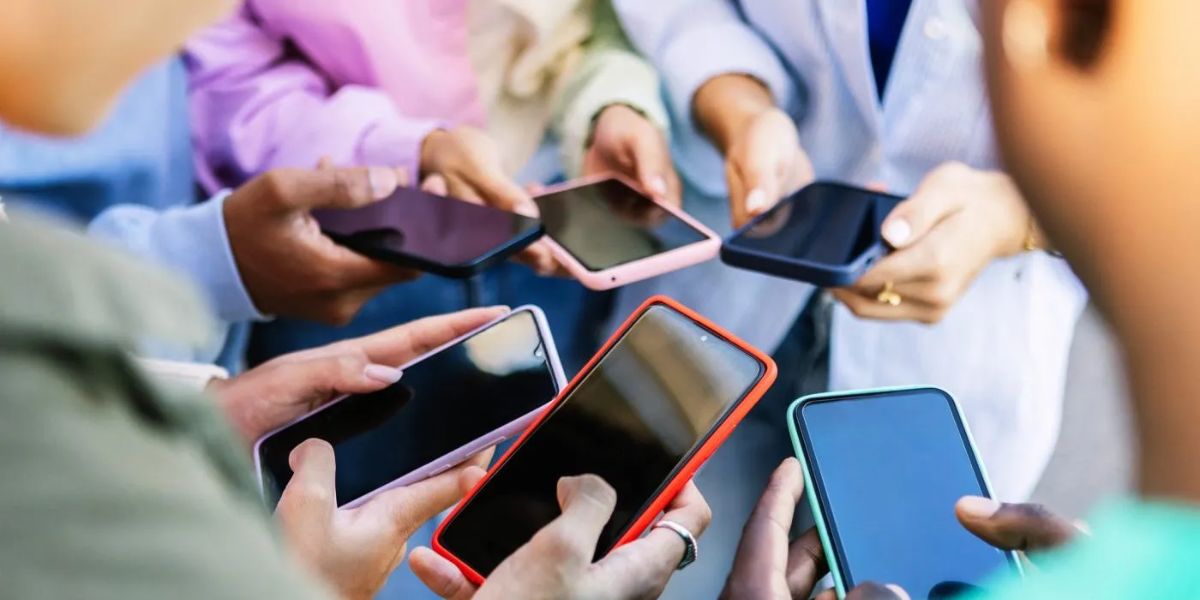After lawmakers failed to take a crucial vote on enacting one of the strictest laws in the country to keep kids off sites like TikTok, Snapchat, and Instagram, a movement in Texas to outlaw social media accounts for children under the age of 18 waned on Thursday.
The bill goes beyond a Florida social media ban for children under the age of 14, and it has already cleared the GOP-controlled state House. Anyone under the age of sixteen was prohibited from using social media in Australia.
However, as lawmakers face a weekend deadline to submit laws to Republican Governor Greg Abbott, the Texas measure’s initial momentum halted at the last minute in the state Senate.
Abbott has not publicly stated if he agreed with the planned ban, which was criticized for being an unconstitutional restriction on free expression and opposed by tech trade associations.
“This bill was the best way to protect children in this state,” said Republican state representative Jared Patterson on Wednesday.
On Monday, the legislative session comes to a conclusion. This narrows the way for the plan, which, if approved, would put state efforts to limit children’s access to social media in another test.
Elon Musk’s company X is one of the many tech firms that have set up shop in Texas.
Abbott enacted a separate law earlier this week that mandates Apple and Google to confirm the age of users of the online app store and obtain parental authorization before allowing users under the age of 18 to download apps and make in-app transactions. Earlier this year, a similar bill was passed in Utah.
The next step in a rising bipartisan national movement to address the negative effects of social media on children’s wellbeing is the proposed Texas ban targeted at minors.
Platforms are accused of failing to adequately prevent violent or age-inappropriate content, online abuse, and the use of addictive features to draw and retain children on their websites.
According to a Pew Research Center research released in December 2024, nearly half of American teenagers claim to be online “constantly” despite worries about the impact of social media and cellphones on their mental health.
Social media platforms are “particularly risky” for young people who struggle with impulse control and are unable to disconnect from them, according to the American Psychological Association, which has urged policymakers and tech corporations to safeguard children’s mental health.
Read Also: Visa Interviews Paused for Foreign Students as U.S. Increases Social Media Vetting
To address the issue, states and nations have enacted a variety of laws, some of which have encountered legal obstacles.
Utah’s first-in-nation law mandating social media companies to verify the ages of all users and limit accounts belonging to minors was temporarily suspended by a federal judge in 2024.
Beginning in 2027, California, the state that is home to some of the biggest internet businesses in the world, will make it unlawful for social media companies to intentionally give youngsters addicting feeds without getting their parents’ permission.
Additionally, parents in New York State have the option to prevent their children from seeing social media posts that are recommended by an algorithm.



